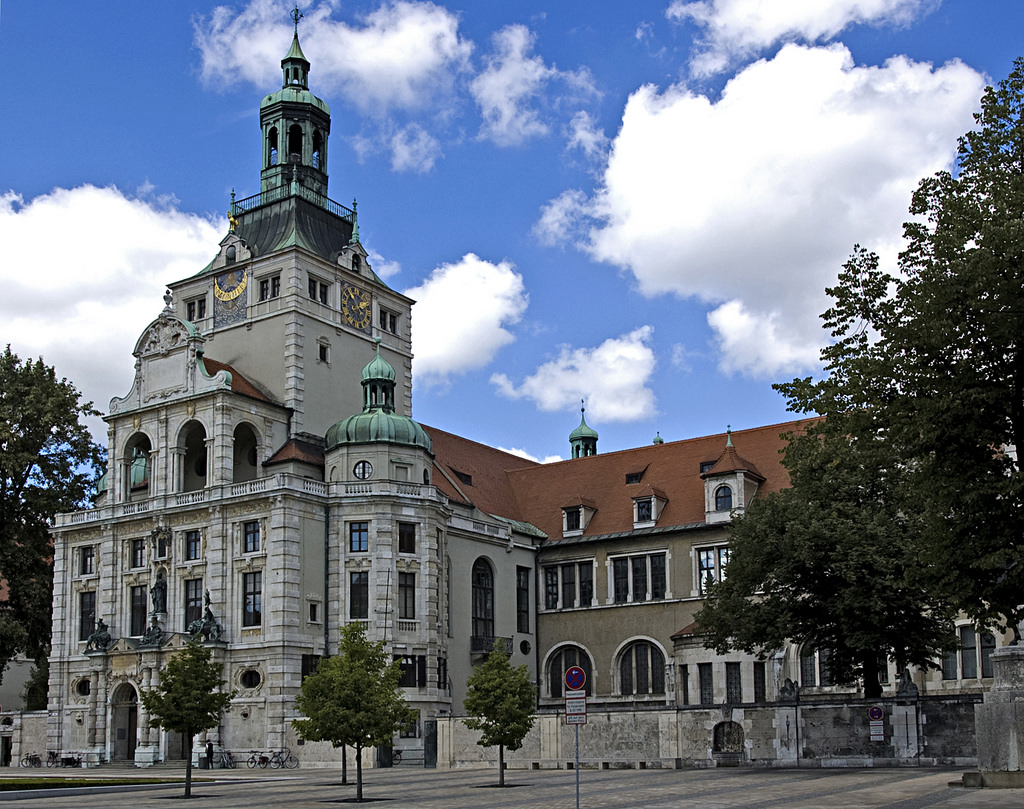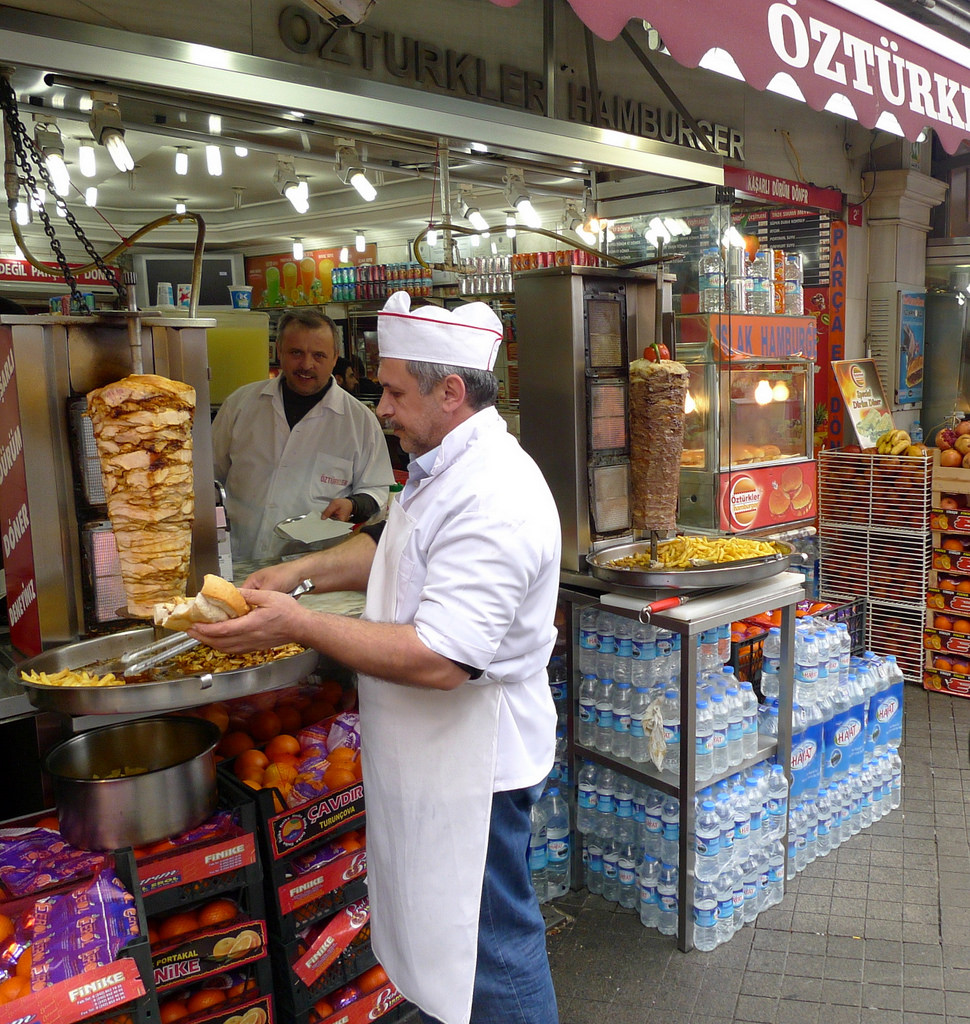Last updated on April 6th, 2020
34. Weird fact. Michael Jackson dangled his son from the balcony of a hotel that is in Berlin.
35. Kids can drink beer and wine in public at 13! In fact, drinking in public in Germany is legal, much to the envy of many other parts of the world.
10 Fun Facts About German Food
36. The Crazy Ice-cream Maker (Der verrückte Eismacher) in Munich has the strangest ice creams you could think of, including fries with ice cream, and flavors like bacon, beer, cannabis and even pregnancy (flavored with a combination of pickles and Nutella)!

37. Sauerkraut was originally an accompaniment for meat and potatoes, and not for fish!
38. German beer is famous, but you can’t ignore the wine. Visit the Apple Wine Festival in Frankfurt to find out more!
39. The quintessential German fast food is doner kebap – which is really a Turkish dish.

40. Germans love their spargels – white asparagus that is delicious and very healthy!
41. If you see Zungenwurst on the menu, know that it means blood tongue and eat only if you’re feeling adventurous!
42. Hot dogs in a jar of brine? Germany has them, along with hot dogs in a can.
43. If you find Head Cheese at the grocer’s it means it’s made of flesh from the head of a pig or calf.
44. Raw sausage you can spread on bread and crackers? That’s Teewurst.
45. Hamburg Speck (a candy) has thankfully nothing to do with regular German Speck, which is nothing but pig fat.
Germany – the country at a glance
| Independence day | May 23, 1949 |
|---|---|
| Capital City | Berlin (52°31′N 13°23′E) |
| Largest City | Berlin (52°31′N 13°23′E) |
| Area | total: 357,022 sq km land: 348,672 sq km water: 8,350 sq km |
| Population | 84,119,100 (2024 est.) |
| Official Language | German |
| Borders | Denmark, Poland, the Czech Republic, Switzerland, Austria, France, Belgium, Luxembourg and the Netherlands. |
| Currency | Euro (€) (EUR) |
| Religion | Christianity, Islam, Judaism, Buddhism, Hinduism. |
| Life expectancy at birth | 81.9 years (2024 est.) Life expectancy at birth indicates the number of years a newborn infant would live if prevailing patterns of mortality at the time of its birth were to stay the same throughout its life. |
| Suffrage | 18 years of age; universal |
| Demonym | German |
| Government type | federal parliamentary republic |
| President | Frank-Walter Steinmeier |
| Chancellor | Olaf Scholz |
| National holiday | Unity Day, 3 October (1990) |
| National symbol | golden eagle |
| National colors | black, red, yellow |
| National anthem | "Das Lied der Deutschen" (Song of the Germans) |
| Climate | temperate and marine; cool, cloudy, wet winters and summers; occasional warm mountain (foehn) wind |
| Terrain | lowlands in north, uplands in center, Bavarian Alps in south |
| Mean elevation | 263 m |
| Lowest point | Neuendorf bei Wilster -3.5 m |
| Highest point | Zugspitze 2,963 m |
| Natural resources | coal, lignite, natural gas, iron ore, copper, nickel, uranium, potash, salt, construction materials, timber, arable land |
| Agricultural land | 48% |
| Birth rate | 8.9 births/1,000 population (2024 est.) |
| Death rate | 12 deaths/1,000 population (2024 est.) |
| Sex ratio | 1.05 male(s)/female (2024 est.) |
| Industries | among the world's largest and most technologically advanced producers of iron, steel, coal, cement, chemicals, machinery, vehicles, machine tools, electronics, automobiles, food and beverages, shipbuilding, textiles |
| Exports | $2.104 trillion (2023 est.) cars and vehicle parts, packaged medicines, aircraft, medical cultures/vaccines, industrial machinery (2019) |
| Imports | $1.927 trillion (2023 est.) cars and vehicle parts, packaged medicines, crude petroleum, refined petroleum, medical cultures/vaccines (2019) |
| GDP - per capita (PPP) | $61,900 (2023 est.) |
| Time Zone | CET (UTC+1) Summer (DST) CEST (UTC+2) |
| Internet country code | .de |
| Calling Code | +49 |
| Drives on the | Right |
| Table last updated | October 22, 2024 |
